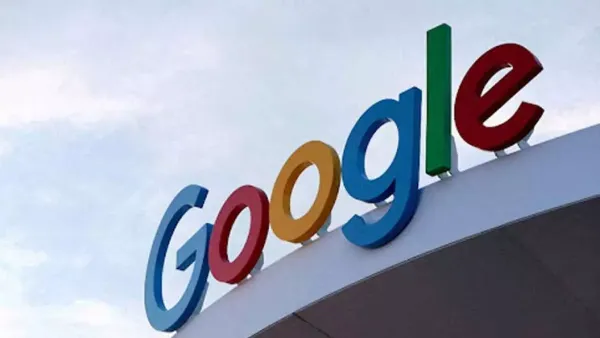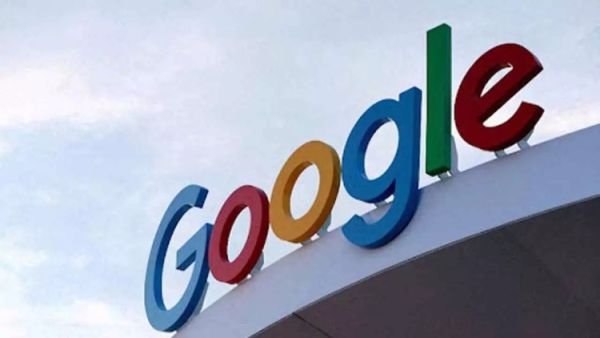
This time, Google is under fire for supposedly controlling the internet advertising market. This is the internet giant’s second judicial setback in as many months, highlighting the mounting criticism of its hegemony in online marketplaces.

Google’s dominant position in the ad tech sector—a mostly invisible but crucial system that determines how advertisements display across websites—is at the heart of this most recent dispute. Given that other digital behemoths like Apple and Meta are also under legal scrutiny, the case brings to light wider worries among authorities. Apple is being sued for allegedly deceiving customers about its Apple Intelligence capabilities, while Meta is also embroiled in a legal dispute with the Federal Trade Commission (FTC).
The most recent development stems from a 115-page decision given by U.S. District Court for the Eastern District of Virginia Judge Leonie Brinkema on Thursday. The court concluded that Google had strengthened its control over essential advertising technology by engaging in unlawful practices. With a $1.86 trillion market valuation and ongoing regulatory pressure over its power in the digital economy, this decision is yet another significant legal setback for Google.
A group of state solicitors general and the U.S. Department of Justice (DOJ) claim that Google’s actions have skewed the advertising market. They contend that by inflating ad costs and claiming an excessive amount of ad income, the firm harmed consumers and advertisers alike by restricting options and inhibiting competition.
Of the three major accusations, Judge Brinkema concurred with the government on two of them. She came to the conclusion that Google had illegally taken over the platforms that oversee the placement and sale of that advertising as well as the tools that publishers use to market ad space. She did, however, reject the third assertion about the advertiser-side tools, stating that there was insufficient data to support its status as a separate market.
The legal process’s subsequent phases might be crucial. Within a week, the court has instructed both parties to submit a proposed timetable for upcoming sessions. In the meanwhile, the DOJ is thinking about possible remedies, such as making Google sell off some of the ad business it has bought over the years.
There are other antitrust cases that Google is facing. It is anticipated that a second trial concerning the company’s purported monopoly in internet search will shortly start. There may be even more severe repercussions from that lawsuit, such as a potential company split.
Other digital giants are also being pulled in as legal scrutiny increases. Apple has been sued by the DOJ for anti-competitive behaviour, and the FTC is putting pressure on Meta for similar monopoly-related issues.